Full and Final Settlement Letter / Settlement Agreement


“Full and Final Settlement” is a term commonly used in settlement agreements to signify the resolution of all issues involved in a dispute and the parties shall have no other claims against each other.
In the context of debt, debtors sometimes try to pay off debts in less than the full amount by "full and final settlement". "Debtor" means any person who owes money, and "creditor" means any person who is owed the money. In the supply of goods and services, customers usually owe money to suppliers, but the roles are sometimes reversed (for example, in the case of refunds), and the relationship between debtor and creditor may arise in many other cases.
If a debtor is unable to service debt, it may offer to the creditor a lump sum as a “full and final settlement" of the entire balance the debtor owed on the debt. In return for a one-time payment, the creditor would agree to write off the remaining debt. Keeping the money would mean the creditor would lose the claim to the remaining debt.
As a claimant/creditor, you will need to respond to a full and final settlement very carefully. In relation to a debt, you should assess the debtor's ability to pay before agreeing to any full and final settlement or payment from the debtor. In case of a claim, you should assess the merit of your case and the possibility of you winning in court/arbitration before accepting a full and final settlement of all claims whatever nature or kind whatsoever arising from the case.
The "full and final settlement" trap is often used by the debtor, where the debtor makes a written or oral statement that the payment now resolves the problem. It can also take a more formal form, such as the small print at the bottom of a remittance statement stating that the partial repayment is the “full and final settlement”. If the creditor accepts a payment made at the same time, one may be deemed to have accepted a "write-off" offer on the remaining debt.
Most disputes end in reconciliation or compromise, rather than a court decision. Disputes can be settled through simple negotiations or through the various forms of Alternate Dispute Resolutions (see “Alternate Dispute Resolutions” under the “Business” – “Litigation and Liability Management” section).
A full and final settlement e-mail/letter/agreement is a legally binding agreement between two parties to settle a dispute. One party will usually pay the other party a settlement payment in return for the other party to waive any claims in court. The language can be as simple as:
In order to settle this matter amicably, I offer you the sum of [amount] (inclusive of interests and costs) as the full and final settlement of the above [claim/debt].
The parties are usually required to keep the terms of the contract confidential, such as the settlement amount and the circumstances surrounding the dispute. It is also common to include clauses that prohibit either party from making any derogatory comments about the other.
In addition to settling disputes under civil litigations, settlement agreements are also commonly used in the employment context to resolve employees' claims against employers. An employee or worker may agree to waive / not to make a claim against an employer in court or the labour tribunal in return for a severance payment.
The agreement to waive all actual and potential statutory (usually common law) claims should be set out in a written settlement agreement that will be tailored to specific employees and their personal circumstances. They must include a waiver of specific claims that the employee has or may have in the future. There are certain statutory requirements that a settlement agreement for employment must meet in order to be valid. Therefore care should be taken when drafting such an agreement and consult your local employment lawyer if necessary.
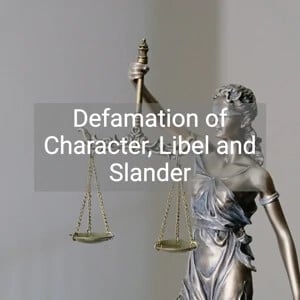
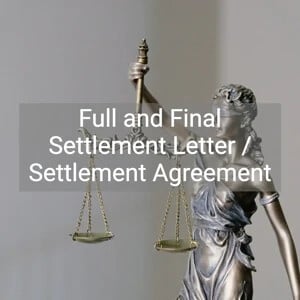
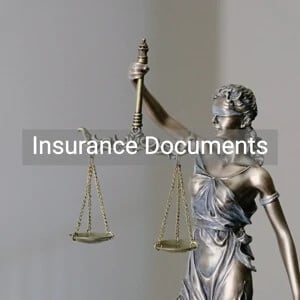
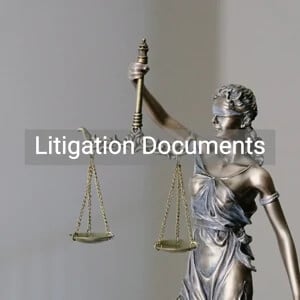
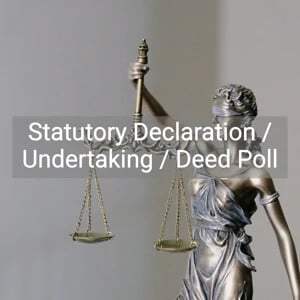
Not the right document?
Don’t worry, we have thousands of documents for you to choose from: